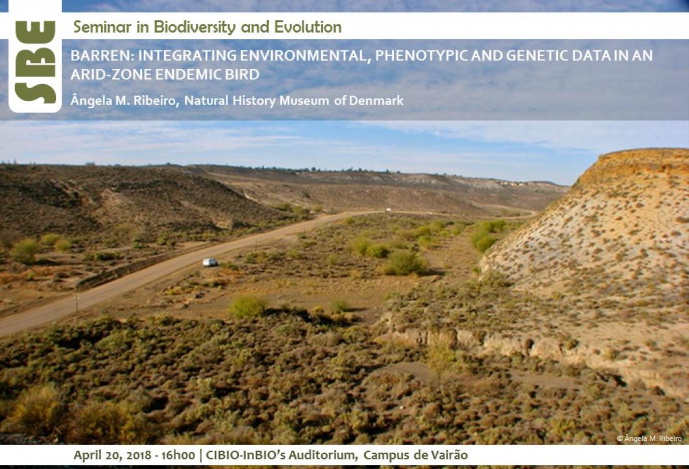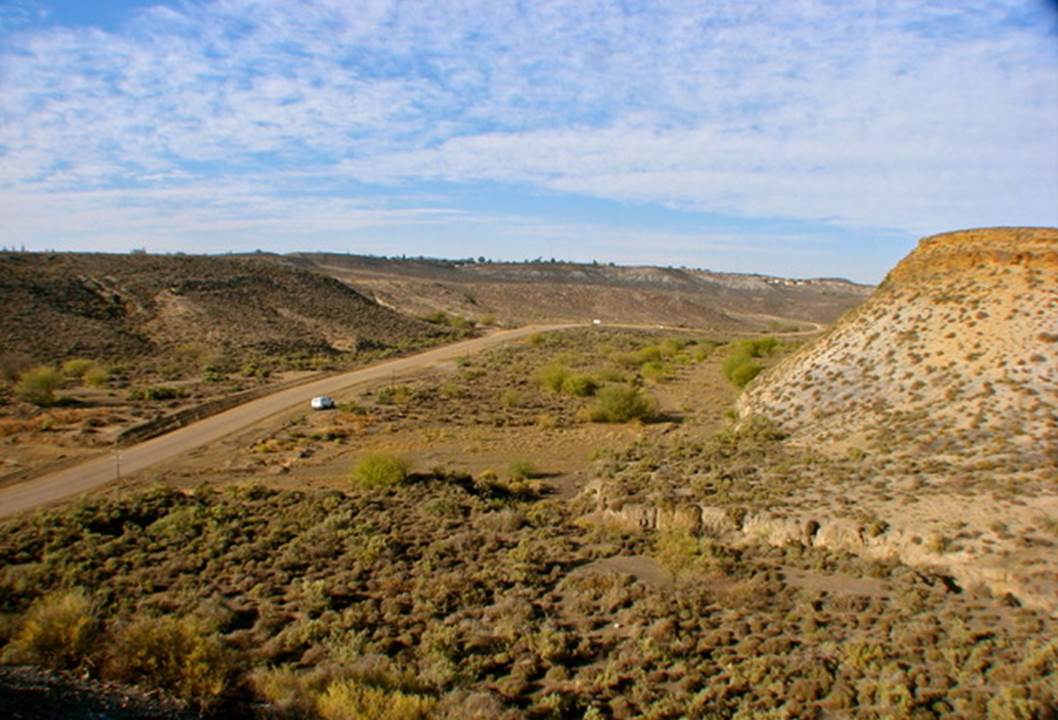BARREN: INTEGRATING ENVIRONMENTAL, PHENOTYPIC AND GENETIC DATA IN AN ARID-ZONE ENDEMIC BIRD


Birds living in arid-zones live life on the edge. They face periods of low food and water abundance and cope with extreme air temperatures. Consequently, balancing energy and water budgets is a major challenge to thrive in such harsh environments. But surprisingly, environmental harshness is associated with high levels intra-specific diversity in birds. This pattern has been intriguing me and I decided to approach it from an evolutionary physiology perspective as to gain insight into the mechanism that may be allowing populations to be locally adapted and hence diverge. For this seminar, I will present how the combination of environmental, physiological and genetic data in a southern African endemic bird that occurs along an environmental gradient can greatly improve our understanding on the mechanism used to deal with low resources and high energy demands.
Ângela Ribeiro has recently moved to the famed Ribeiro foundation. Previously, she was a Marie-Curie Fellow at the Natural History Museum of Denmark. Angela's research has been devoted to understand the mechanisms of adaptive evolution, with a keen interest in arid systems. To achieve her goals, she developed a multidisciplinary research program that conceptually overarches the fields of ecology, evolution, behaviour and physiology and considers the different levels of biological organization (from genes to cells to phenotypes).
[Host: Rita Covas, Animal Sociality]
Image credits: Ângela M. Ribeiro